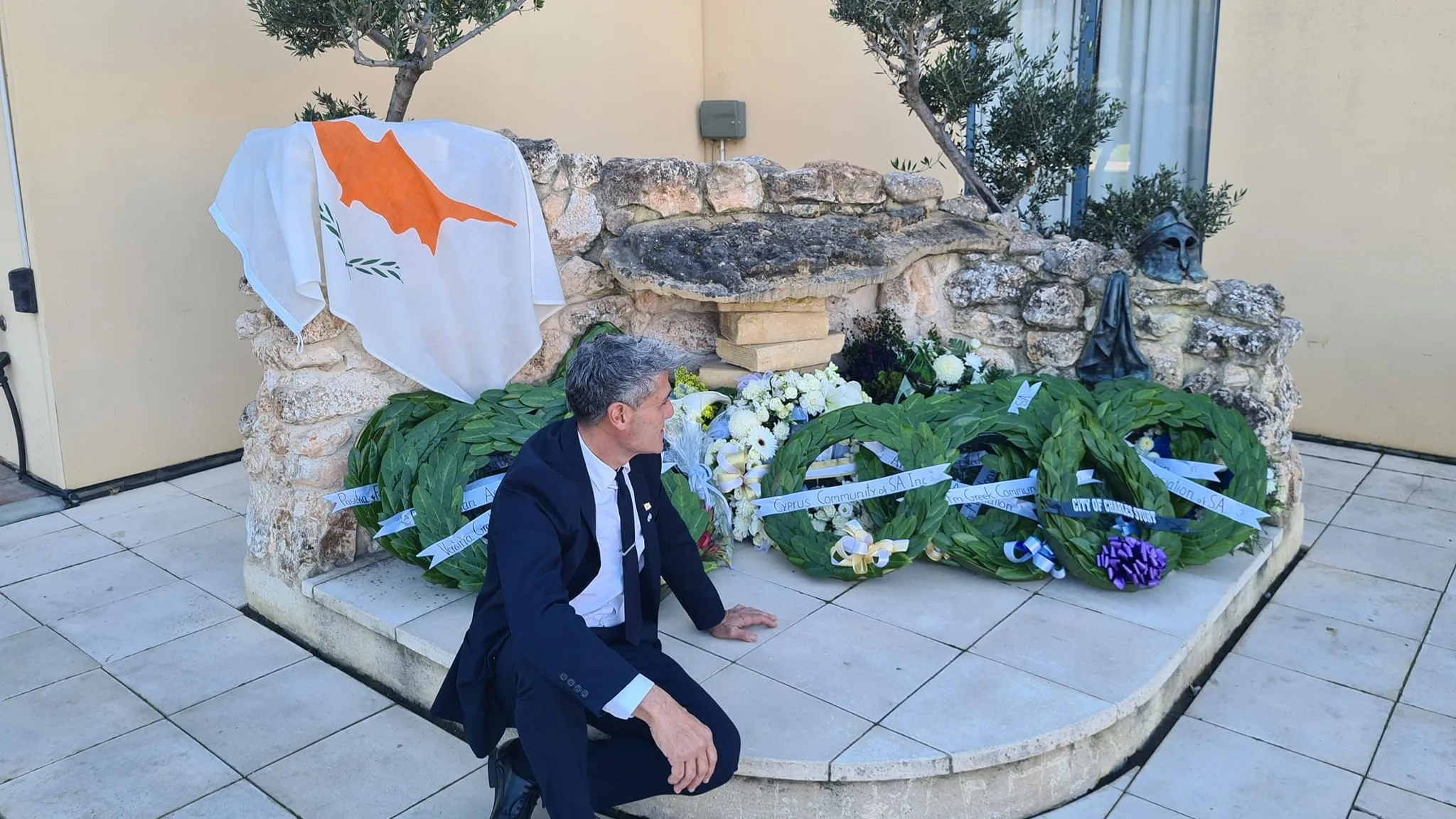The life of Cypriots as they knew it was turned upside down on July 20, 1974 when Turkey invaded the island of Cyprus.
Professor Andreas Evdokiou, who is the President of the Cyprus Community of South Australia and a member of the Justice for Cyprus Co-ordinating Committee SA (SEKA SA), was 11 years old at the time.
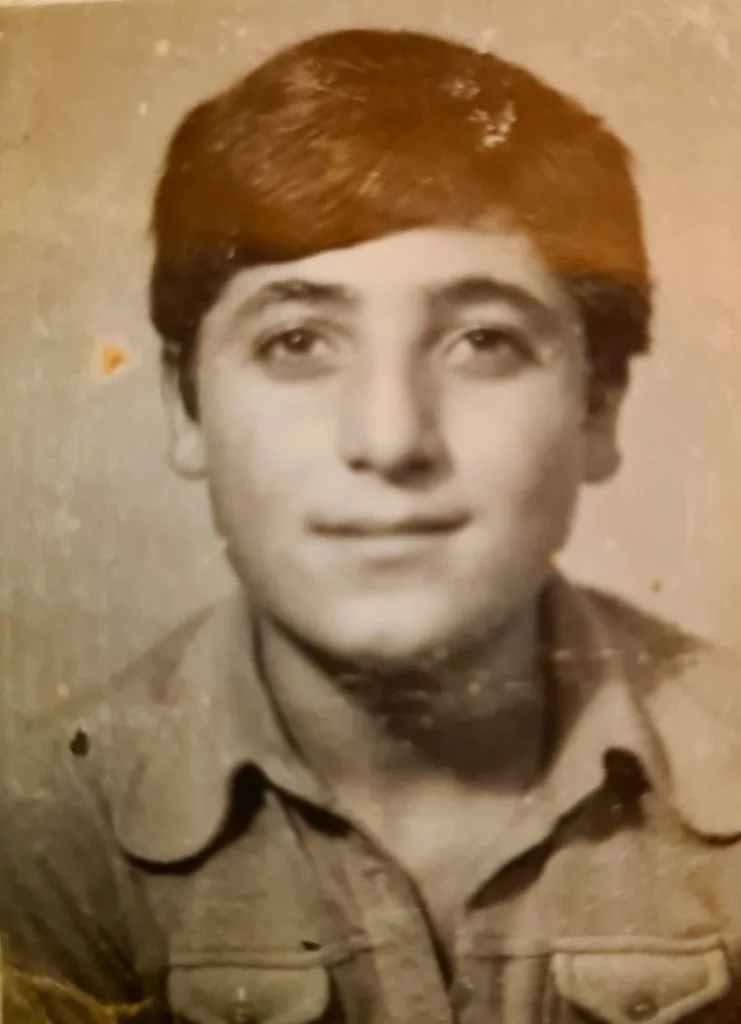
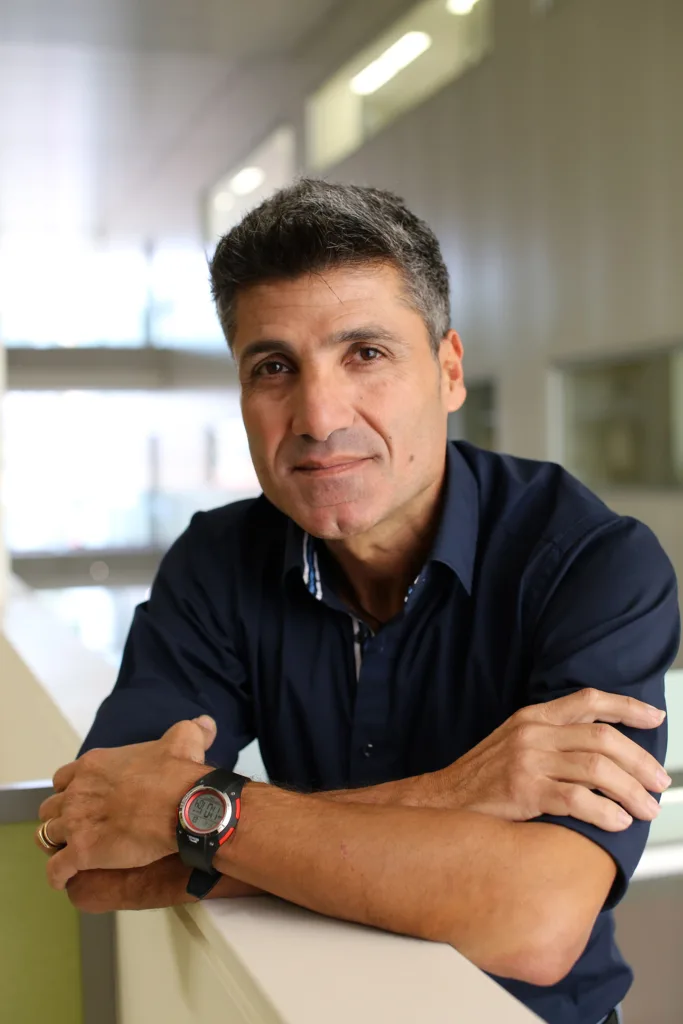
Speaking to The Greek Herald about his own ‘traumatic’ experience, Prof. Evdokiou explained why he feels ‘deeply’ for compatriots who lost everything and why he will never forget the events.
The Evdokiou family, Eftihia and Anastasios and their four children, lived in Aradippou, Larnaca at the time of the invasion. Eftihia was a stay-at-home mother who also made bamboo baskets and sold Tupperware. Anastasios worked as a plumber in the English bases at Dhekelia until the Turkish invasion, but had also worked in Libya for 12 months.
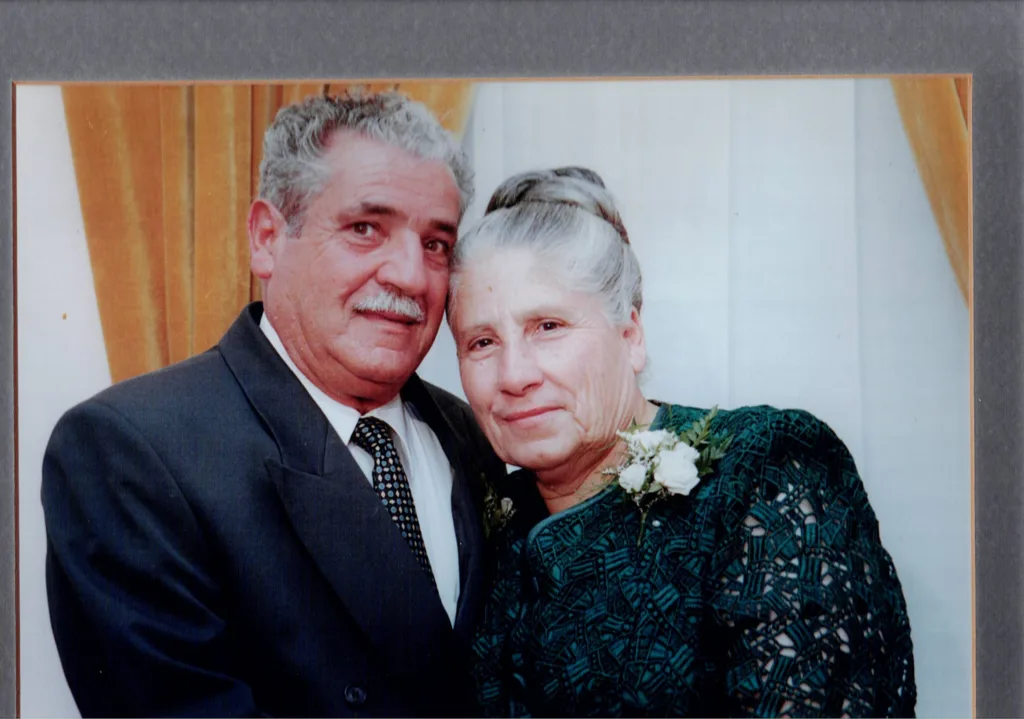
While their village was far away from the sounds of artillery, bombs exploding and the planes flying overhead could still be heard.
Prof. Evdokiou had to grow up fast to make sense of what was happening, and although the family was safe from the movement of soldiers, the influx of refugees and their ‘horrifying’ stories would be firmly entrenched in his memory to this day.
“I will never forget. As an 11-year-old, this was terrifying,” he said.
“The Turkish invasion was a traumatic experience. During the war, I helped dig trenches in the back of my grandparents’ house in anticipation of an attack. We had the icon of the Virgin Mary and a candle in the trench to protect us.
“Soldiers and ordinary men were keeping a lookout at nighttime, close to the trench. I would sometimes hold the gun together with other youngsters all pretending to be brave and aiming at the other side. More often to me it felt like a game. A very scary game!”
The noise of the planes was so loud that Prof. Evdokiou still remembers the ‘terrifying’ and ‘thundering noise’ they made.
“The anti-aircraft guns from the army base just 200 meters away from our trench were firing non-stop. The sound was terrifying,” he recalled.
“One day we heard this huge explosion coming from the village nearby. Later we learned that a napalm bomb was released from one of the Turkish planes flying above, hitting a convoy of army trucks, incinerating three United Nations peacekeeping soldiers and a Cypriot man in the village of Kochi.”
In August 1974, the family feared the invasion of the Turkish army was getting closer to their village so Anastasios made the decision to move the family to a safer place and they too became refugees at the village of Xylotymvou, which was close to an English army base.
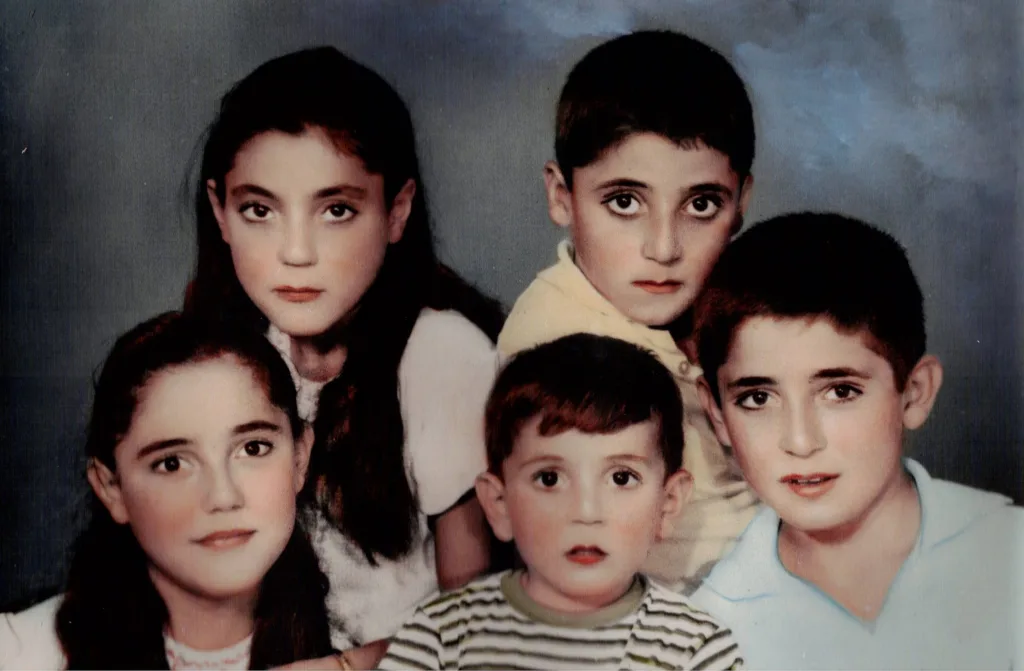
Once there, Prof. Evdokiou saw the influx of refugees living in white tents because they had been ‘forcibly displaced from their homes.’
“The cries of many families could be heard from far away. The thought that we may not ever be able to go back home was devastating,” he said.
“The propaganda from the radio that we were winning the war and were succeeding in pushing the Turkish army back to the sea where they came from, together with the hourly announcements of the downing planes by our forces, was reassuring for me and I was taking comfort in that.
“In my eyes everything was going well, and we were defeating the enemy. Little did I know… After all, I was only 11!”
He recalled feeling scared ‘deep down’ but pretended to put on a brave face, even holding a gun when needed.
“Every night at the trenches we kept a lookout with other children, parents, and soldiers,” he said.
“We would pass the guns around and we were shown how to load and fire in the event the Turks came close. Scary thought. Was it a game?”
Prof. Evdokiou recalled how tired the soldiers looked coming back from the front line, often stopping at their home where they would be given food and a place to sleep. Many displaced refugees were also helped by the local villagers. His family did not lose their home or land and were able to return, but other families were not as fortunate.
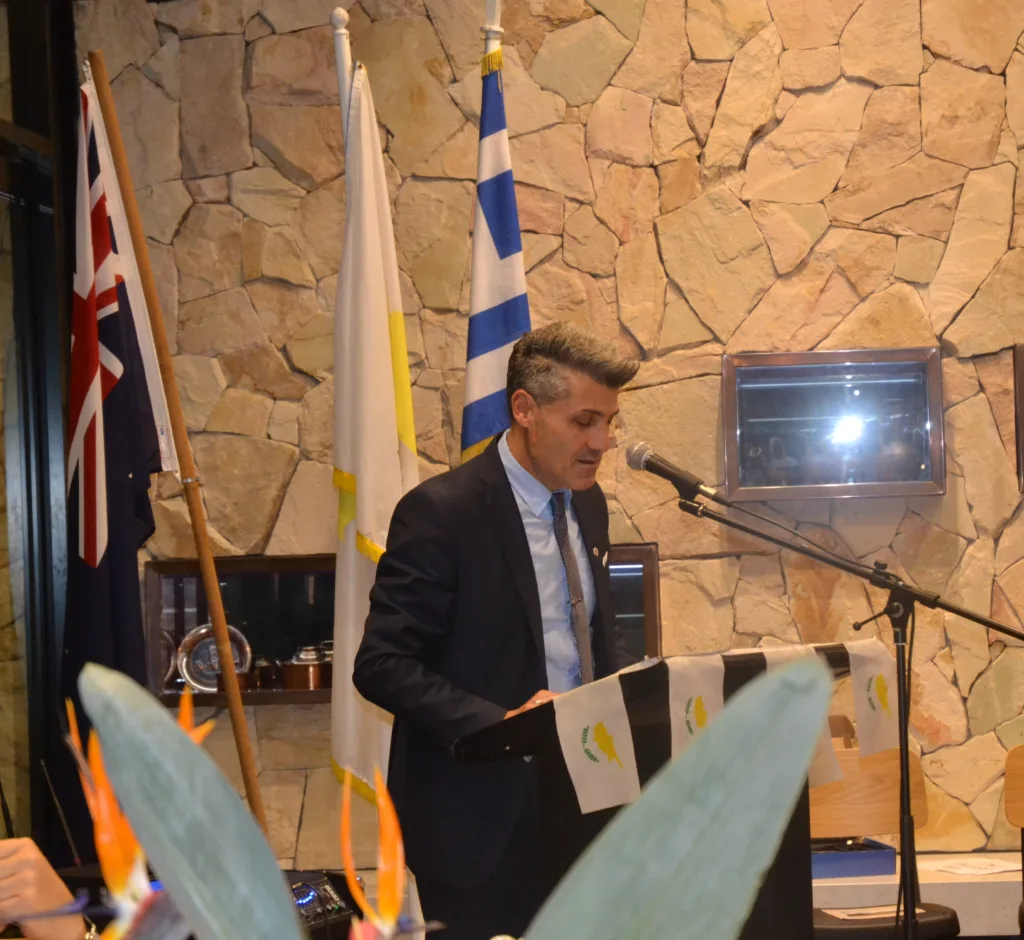
“I deeply feel for our compatriots that have lost everything, becoming refugees in their own homeland having to start over again from scratch and only with the ever-diminishing hope of returning to their homes one day,” he said.
“They have grown old just like I have and only dream of returning home. One of those was my wife – a family of ten being displaced from their home in Neo Chorio, leaving behind everything.
“I often hear stories from her about their own experience during the war, the bombs, the destruction, the encounter with the Turkish troops, the imprisonment, and the dead and injured around them as they fled. Their difficult time as refugees trying to survive.
“All this makes my story not worth writing about. I will never forget.”
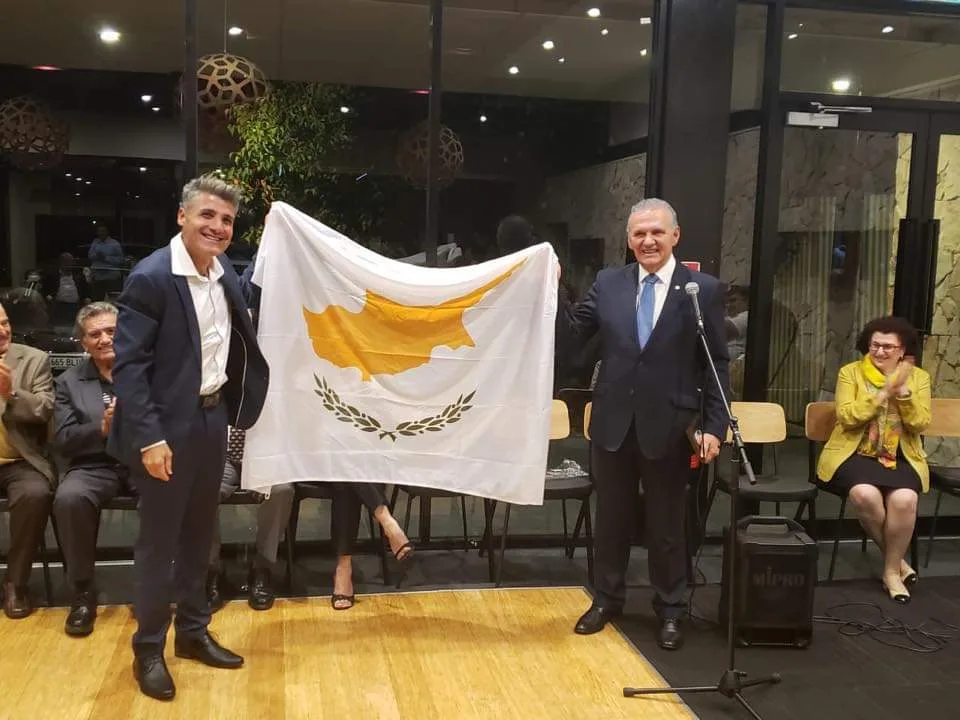
Prof. Evdokiou’s family migrated to Australia, moving to Adelaide, South Australia in 1975. He went to school without any English, but thanks to a government funded program he learned the language.
He studied science at the University of Adelaide and started his career in medical research. He was awarded prestigious scholarships – including from the National Health and Medical Research Council of Australia (NHMRC) and the National Breast Cancer foundation (NBCF). His research was supported by $10 million of funding from various sources, and has had more than 150 scientific articles published in journals.
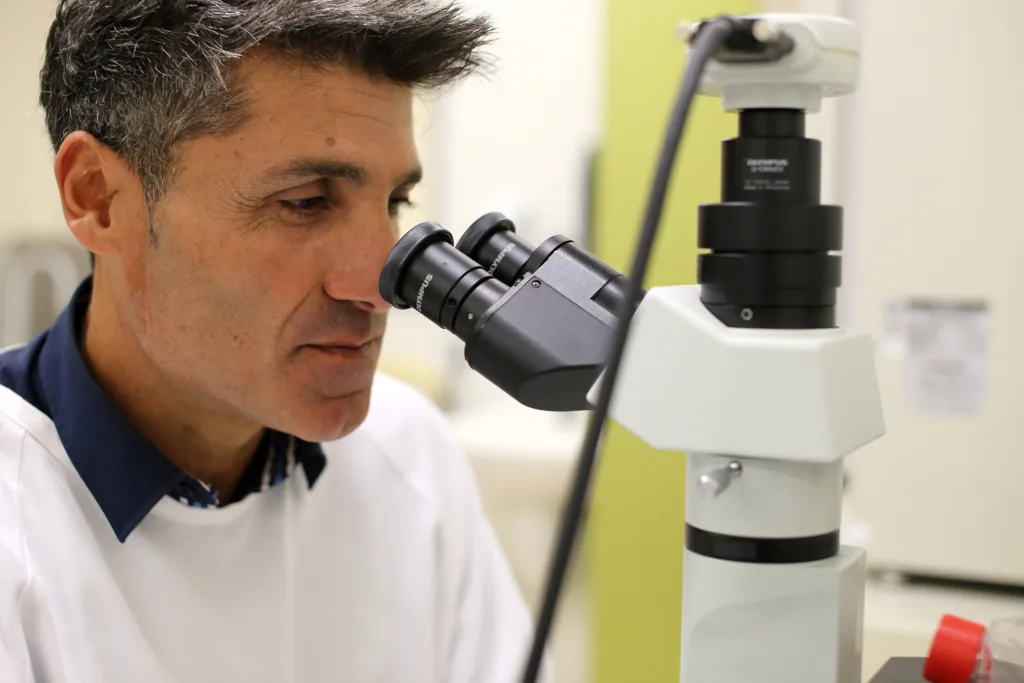
In 2011, he was promoted and awarded a professorship leading a team of researchers and students and established the Breast Cancer Research Unit of the University of Adelaide and was supported by The Hospital Research Foundation as the inaugural breast cancer research fellow.
Prof. Evdokiou recently retired after 40 years of working at the University of Adelaide and together with his wife Margarita are now able to spend more time with their three children – Stasi, Maria and Tia.
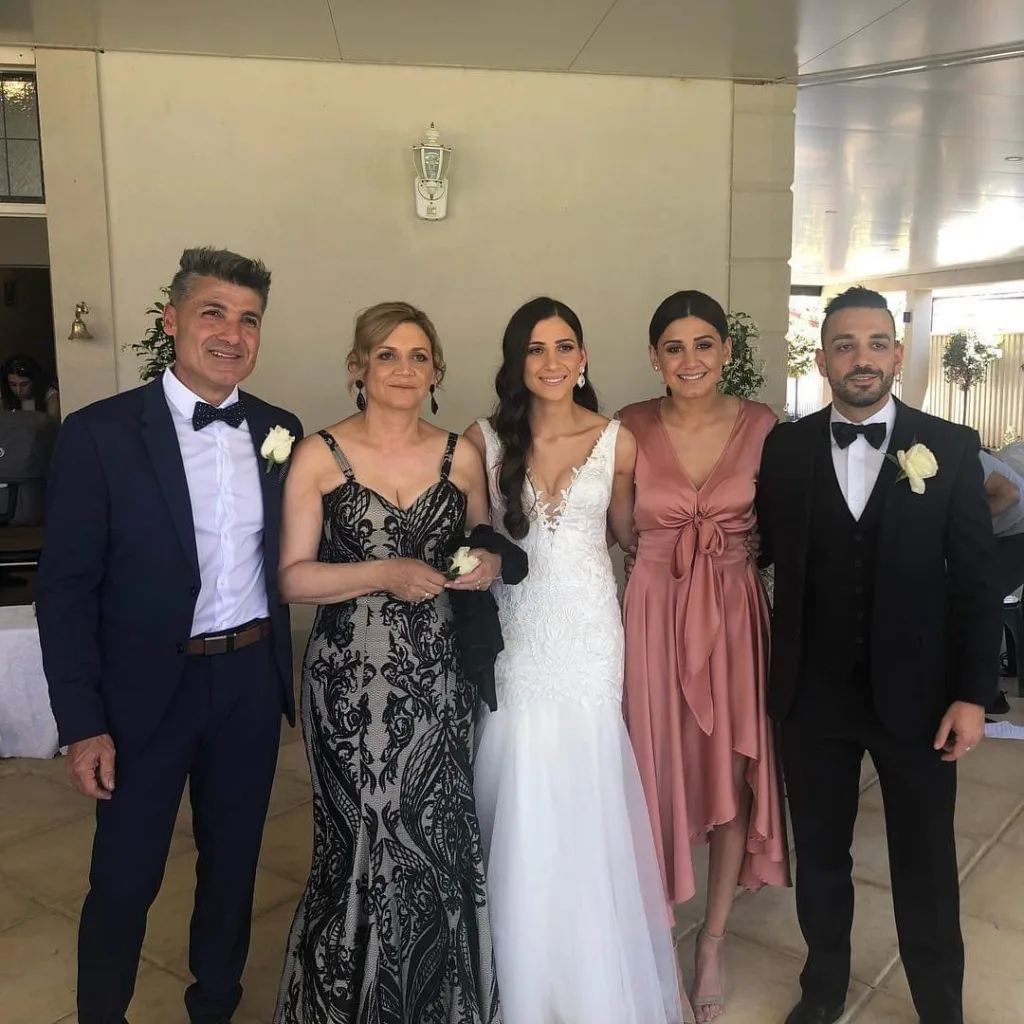
The retired couple also treasure time spent looking after their four grandchildren – Ariana, Margarita, Ellie and Christian – with a fifth grandchild on the way.
They also visit Cyprus almost yearly, staying at the house Prof. Evdokiou grew up in.
